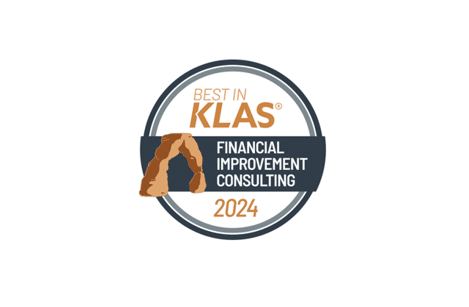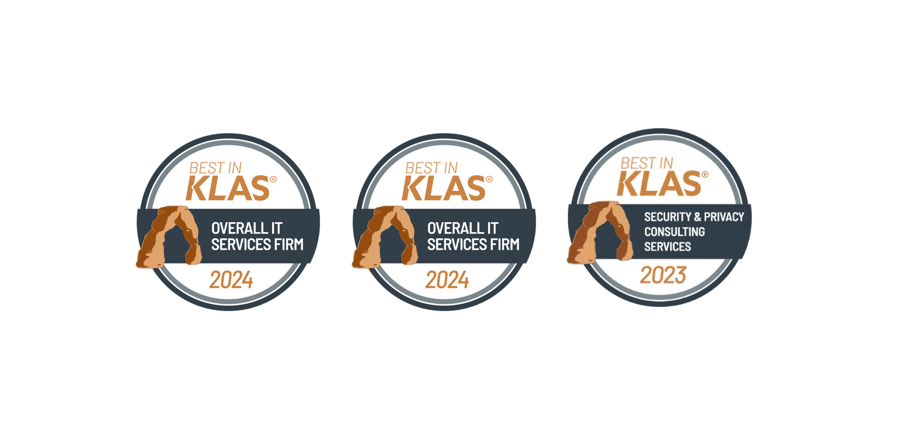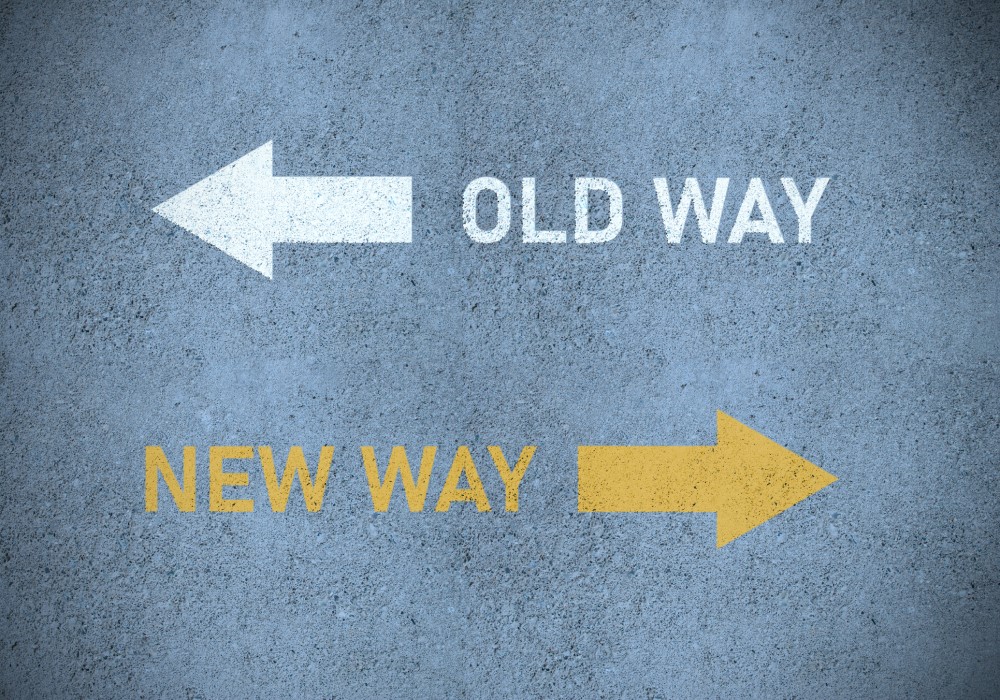Agents of Attitude Change


When people ask, “What do you do for a living?” I say I work in the technology industry, implementing electronic health record (EHR) systems for healthcare organizations. Where I really work, though, is in the change industry, implementing change for people, because my real customers are humans, not the organizations where they work. Technology is just a tool – the engine of change.
Change, for some people, can be the most frightening word in the English language. It signifies a removal of things that are familiar and comfortable, and replacing them with the unknown. Some changes are small, like a new hairdo. Other changes are intimidating, such as replacing the EMR that has become familiar, comfortable, and a trusted tool in the care of your patients.
Sometimes changes aren’t asked for by the people they impact the most. It’s not uncommon for a healthcare system to replace its aging EHR to realize improvements for the organization, while the people who use the system have little or no voice in system selection, implementation, or even the decision to make a change. This can be even more true when it comes to implementing an EHR in private, community physicians’ practices when they’re affiliated with and using the systems of a larger organization.
This is when people like me, agents of change, have a chance to soften the process, put a human face on things, and ease the fears of our clients, and of our clients’ customers.
I can’t tell you how many times I have walked into a physician’s office to demonstrate the shiny, new system I’ve built for them, proud of the work I’ve done only to be faced with crossed arms and a frown and peppered with the dreaded questions:
“WHY do we have to change?”
“Why THIS system?”
“What was wrong with the OLD system?”
“What if I STAY on the old system?”
“Won’t we just have to change AGAIN in a couple of years?”
It’s a difficult situation, and one that’s easy to become downright confrontational, if I read the situation as an attack on the weeks or months of work I’ve done and lash back at what I might feel are irrational questions.
However, if instead I listen to the questions and understand the underlying fear of change that might be driving them, this situation can also become a great opportunity to connect with the person behind the frown and the crossed arms.
Just this week, I was scheduled to visit one of my client’s practices and demonstrate their new system. The client, a physician’s organization in California, is rolling out a new EHR for their several hundred community practices, and retiring an aging EHR that is admittedly much more permissive than the new one. The implementation comes with new processes and new workflows, and I’ve been hard at work configuring their system for months.
The doctor at this practice has been engaged in the process, has attended the design sessions, and had seemed to be on-board with the change. However, as I got out of my car at the practice, I received a frantic text from my implementation coordinator. We had a quick teleconference from the rental car, and I learned that the doctor now didn’t want any interfaces to be turned on for the new system. No lab interfaces, radiology, no interfaces.
Armed with this foreknowledge, we entered the practice’s waiting room and were met by the doctor with his crossed arms and frown. We were hit with all of the questions I listed above, and more. When we’d try to answer a question, he’d cut us off and bark another question. It was a tense situation, and luckily our client’s customer service representative – who was a familiar face for the doctor – and his own practice manager managed to partially calm him down enough that the situation became less confrontational, and we were able to listen to his concerns.
And then the conversation somehow, I’m not sure exactly how, turned to where we live, and I told him that I live in Michigan.
“Oh? I used to live in Michigan,” he said.
“Whereabouts did you live?” I asked, because that’s how we Michiganders talk.
“Ionia,” he replied. Now, I don’t expect you to know where Ionia, Michigan is. It’s a little town of about 10,000 people, located near nothing notable.
“You’re kidding,” I said. “We’re buying a house in Ionia, and moving there this spring!” All true.
Poof. The doctor’s face lit up, and he visibly relaxed. He related how he had worked in the little, 40-bed hospital in the town next door, and how much he’d liked it there. We shared our feelings for snow – because if you talk about Michigan, snow always seems to be a topic. We reminisced for a few minutes, before he had to go perform a procedure at the hospital, and the conversation ended with him agreeing to go ahead with the implementation.
This story could have ended much differently, if I had focused solely on the new system. Instead, I found a chance to make a connection – I became the guy from his old hometown, instead of just a nameless agent of change. And that’s what we do at Impact Advisors. We don’t just implement technology, we help people with change. We create a positive Impact!

























